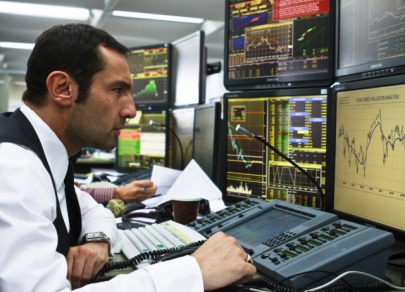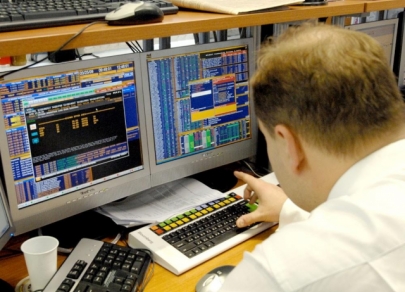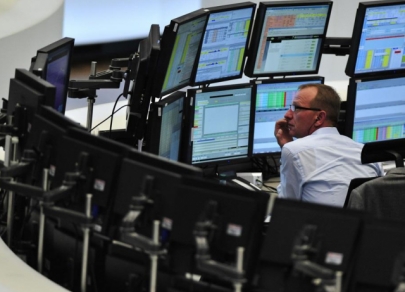FX.co ★ Three steps to building strategy for cryptocurrency trading
Three steps to building strategy for cryptocurrency trading
Why do I need a trading plan?
A trading plan is for traders who are eager for long-term investing, want to change their portfolio or exchange a cryptocurrency for fiat money. Trading is associated with potential losses from spreads. Automated trading could contribute to profits and lower losses from spreads. Thus, with the help of the market analysis, you can set up the ask buy or sell price of a cryptocurrency, different from the market price and advantageous for you. Meanwhile, a trade will have a 90% win rate.

Step 1. Learn statistics
By analyzing a good few charts, you can get basic skills needed for understanding the market and technical analysis. In the course of the analysis, you will see some common factors, repetitive forms of charts and patterns. They characterize the current situation between supply and demand. To get the full and objective picture, you need to take information about past six months of the cryptocurrency's trading.

At this stage, you can face lack of the necessary tools and historical market data. Brokers get their commission regardless of a trader's profits or losses. But it is important for brokers that users grasp the interface, so they offer demo accounts. However, the main drawback of demo trading is that it is conducted in real time, without the analysis of historical data.

Programs like MetaTrader or WealthLab allow traders to use historical data, including transactions by periods, trading volumes, and order book. With the help of the data, you can quickly carry out a trade simulation: go through several years of trading with a cryptocurrency in just one day. The programs require downloading, installation and configuration. However, the process usually takes little time, since the user interfaces are intuitively understandable.
Such an opportunity is a progress. Just a decade ago, traders printed or slowly scrolled trading charts to simulate trades.

Step 2. Involve collective mind
Experts recommend that you do not to miss this step. Of course, this is all individual, and, perhaps, you are one of those traders who do not want to disclose your insights. But the other side of the coin is that you are depriving your speculation of constructive criticism and a fresh look. It is crucial to understand that interaction with the community of market participants, discussing your observations and sharing experiences is the basis for development. If you ignore other traders' experience, it is difficult to soberly assess your trading decision.

You can consult your colleagues or close friends. If you have no people around you who are into trading, go to platforms with elements of social trading, for example Cindicator or Cryptocompare, where you can get feedback on the strengths and weaknesses of your strategy. Some traders also broadcast their trading strategies on streaming platform Twitch.tv.

Step 3. Build an algorithm
A trading strategy will be completed only after you create an algorithm for making trading decisions, i.e. you need to work out the rules based on which you will decide whether to buy or sell your asset. Algorithms are developed based on the analysis of historical data and skills a trader gained on simulators. A complete formalization is preferred as automated backtesting of the strategy in the trading simulator will show whether the plan works as intended and will reveal its strengths and weaknesses.

To create a complete trading algorithm, you might need some programming skills. But, fortunately for traders, there are various services designed to facilitate this process. A modular algorithm editor that resembles Metatrade interface, which is familiar to traders, can be the solution. Certain characteristics of the market or a cryptocurrency are registered with the help of graphic modules, enabling to write down the trading algorithm.

The process of developing trading strategies is cyclical, and often we return to manual trading simulation using historical data to optimize the trade rule. The imperfection and different purposes of the instruments imply the difficulty of passing these three steps. Each step has to be done in different software environments, usually without the ability to import data and synchronize. The platforms that can offer a single environment for a full cycle of developing trading strategies will be in demand among traders.






















